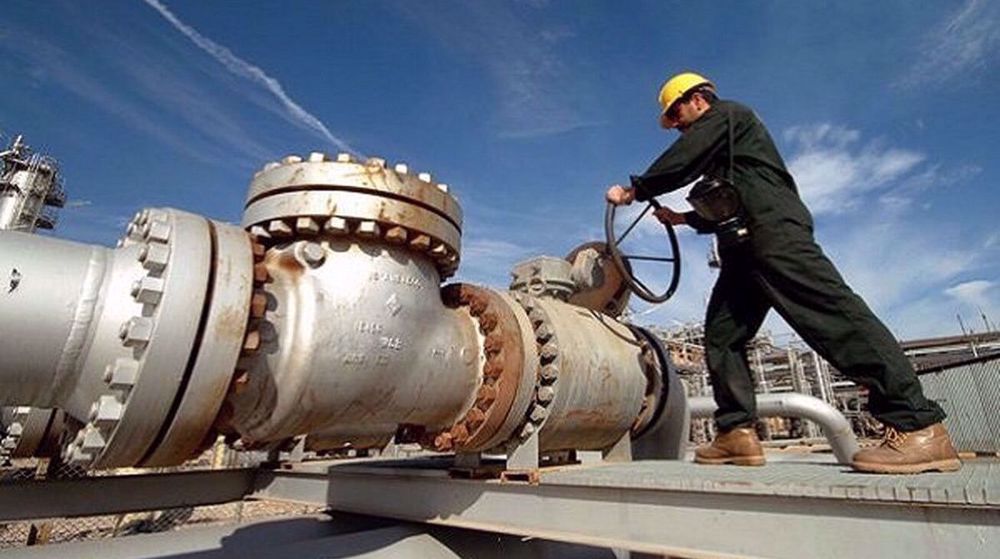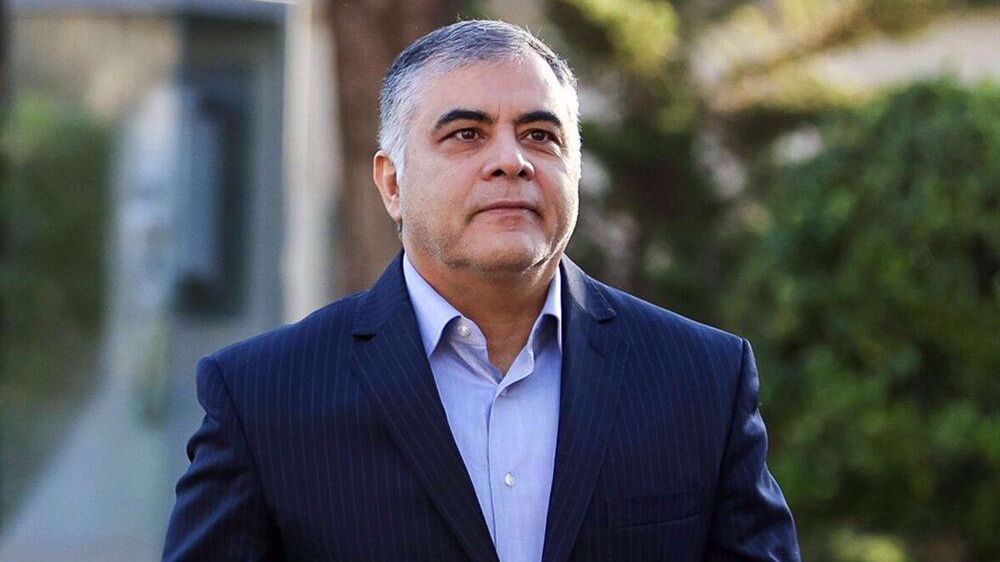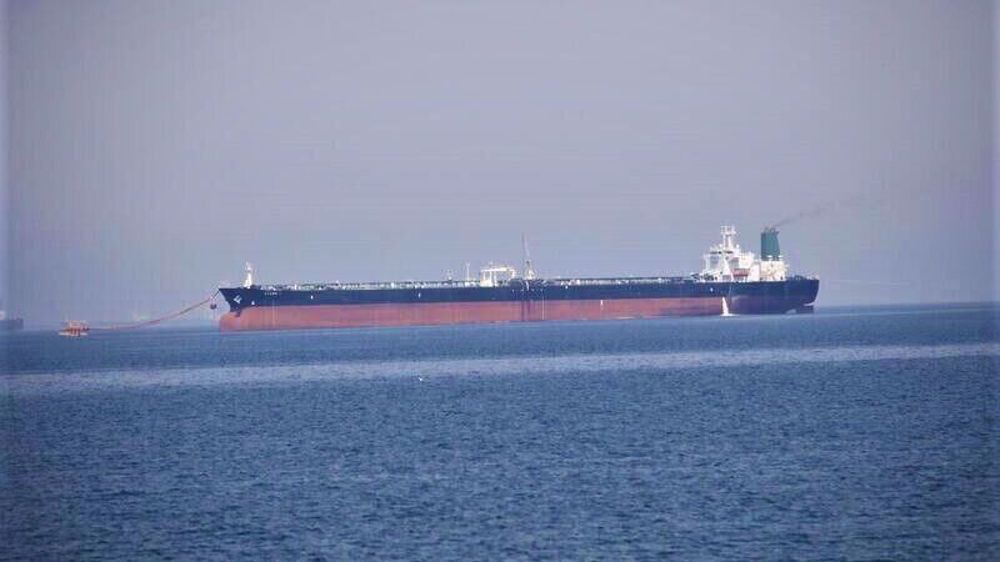EU seeks Iran gas to reduce dependence on Russia
The European Union seeks future gas imports from Iran to end dependence on Russian natural gas as prospects for a nuclear deal that would lift Iran sanctions raise new hopes among EU states.
"It's one of our priorities," EU commissioner for Climate Action and Energy Miguel Arias Canete was quoted by AFP as saying in the Latvian capital, Riga.
The European Union is apparently planning to use the Southern Gas Corridor pipelines, including Trans Adriatic Pipeline, to supply gas to southern Europe via Turkey.
The Southern Gas Corridor is an initiative launched by the European Commission to transfer gas from Caspian and Middle Eastern regions to Europe.
The project, which is due to be operational in 2019, is expected to deliver 10 billion cubic meters (bcm) of gas per year to Bulgaria and Greece in its initial stage.

"That will not be enough," conceded a source in the European Commission, the executive arm of the 28-nation EU bloc.
Meanwhile, a European official speaking to AFP on condition of anonymity, said with Iranian gas flowing after an eventual lifting of the sanctions, "capacity could be increased to 40 billion cubic meters of gas per year and that would be substantial."
Earlier in April, Lisa Givert, communication head of Trans Adriatic Pipeline (TAP) project, announced that the project’s stakeholders will be willing to pave the way for Iran's investment in the project when international sanctions against the country are removed.
"TAP is open to new shareholders, which can add strategic value to the project," she added.
In recent years, Europe has been desperately trying to diversify its energy supply routes as the ongoing Ukraine crisis has strained EU countries’ relations with Russia, which supplies about a third of their gas requirements.
Although Iran has been always a priority for Europe as a gas supply source, international sanctions imposed on the country proved a stumbling block on the way of cooperation between the two sides in the field of energy.
The sanctions were imposed over allegations about possible diversion in Iran's nuclear program toward military objectives. Iran has categorically rejected the allegation, noting that its civilian nuclear program is only meant for peaceful purposes.

The Islamic Republic and the P5+1 group of countries – the US, the UK, France, Germany, Russia and China – reached an interim agreement on Iran's nuclear program in the Swiss city of Geneva last November, which led to relative loosening of sanctions against Iran, paving the way for further cooperation in various economic fields between Iran and other countries.
The two sides also reached a mutual understanding on April 2, 2015 in the Swiss city of Lausanne, which is considered a prelude to the achievement of a comprehensive deal before a self-designated deadline at the end of June. A key point of Lausanne statement was a promise to lift a series of economic sanctions on Iran – including those imposed on the country’s oil industry.
Following the Lausanne understanding Iran's oil industry officials said international companies have voiced interest in taking up projects in the country’s oil, gas and petrochemical industries.
SS/SS

Iran, Russia agree to transfer gas via Azerbaijan: Minister

Iran petroleum minister in Russia to boost economic cooperation

Iran issues jail sentences, fines for foreign crews of fuel smuggling ships
VIDEO | Mohsen Eslamzadeh, visionary filmmaker
Israel bombs Lebanon's capital Beirut
Trump wants 'free' transit for US ships in Panama, Suez canals
Israel and its arms suppliers ‘must be stopped,’ UN says
Putin orders emergency planes to Iran after blast at port of Bandar Abbas
Pezeshkian visits Bandar Abbas to monitor response operations after port blast
VIDEO | Press TV's news headlines
Betar US: America's new face of Zionist terrorism and the darker rebirth of Kahanism







 This makes it easy to access the Press TV website
This makes it easy to access the Press TV website